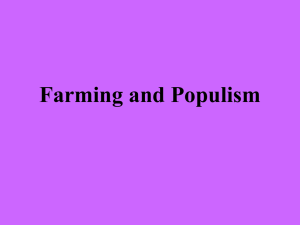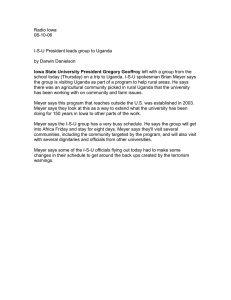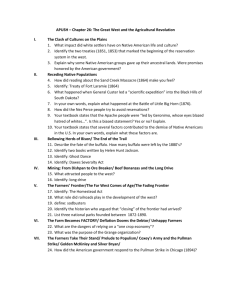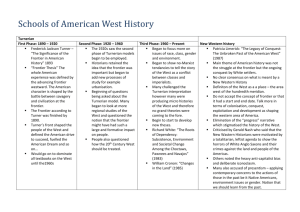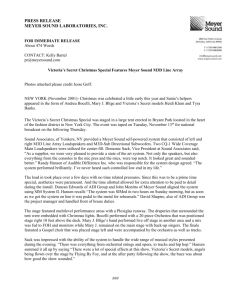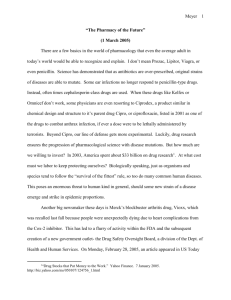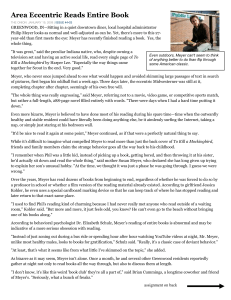Mediation and the Genesis of Presence. Towards a Material
advertisement
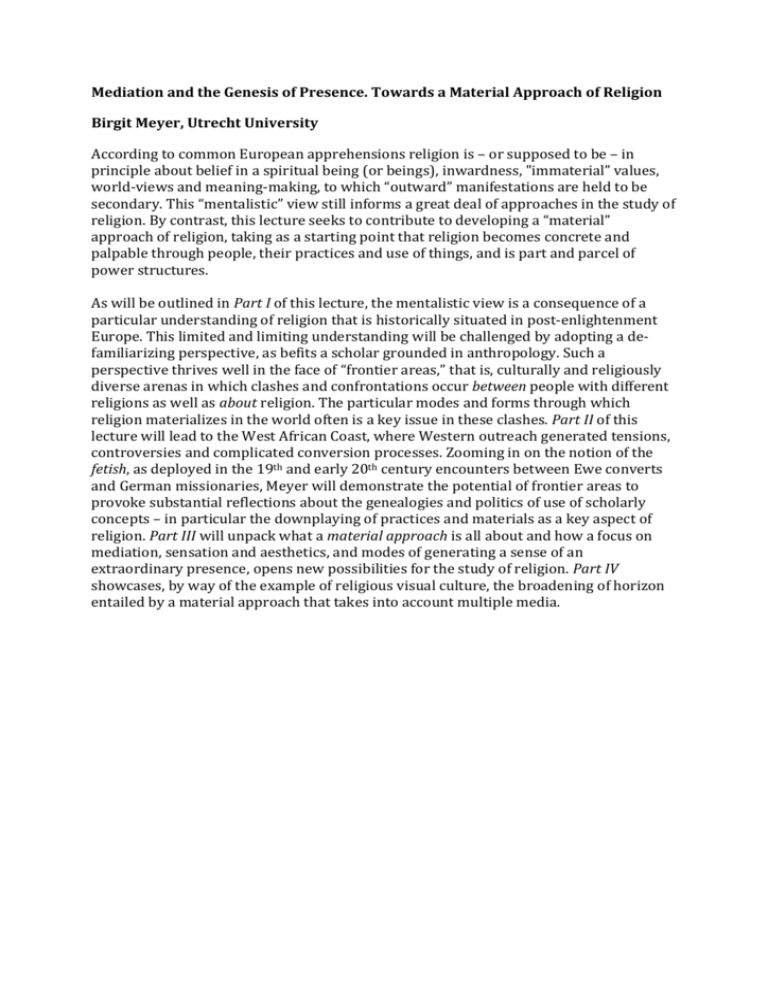
Mediation and the Genesis of Presence. Towards a Material Approach of Religion Birgit Meyer, Utrecht University According to common European apprehensions religion is – or supposed to be – in principle about belief in a spiritual being (or beings), inwardness, "immaterial” values, world-views and meaning-making, to which “outward” manifestations are held to be secondary. This “mentalistic” view still informs a great deal of approaches in the study of religion. By contrast, this lecture seeks to contribute to developing a “material” approach of religion, taking as a starting point that religion becomes concrete and palpable through people, their practices and use of things, and is part and parcel of power structures. As will be outlined in Part I of this lecture, the mentalistic view is a consequence of a particular understanding of religion that is historically situated in post-enlightenment Europe. This limited and limiting understanding will be challenged by adopting a defamiliarizing perspective, as befits a scholar grounded in anthropology. Such a perspective thrives well in the face of “frontier areas,” that is, culturally and religiously diverse arenas in which clashes and confrontations occur between people with different religions as well as about religion. The particular modes and forms through which religion materializes in the world often is a key issue in these clashes. Part II of this lecture will lead to the West African Coast, where Western outreach generated tensions, controversies and complicated conversion processes. Zooming in on the notion of the fetish, as deployed in the 19th and early 20th century encounters between Ewe converts and German missionaries, Meyer will demonstrate the potential of frontier areas to provoke substantial reflections about the genealogies and politics of use of scholarly concepts – in particular the downplaying of practices and materials as a key aspect of religion. Part III will unpack what a material approach is all about and how a focus on mediation, sensation and aesthetics, and modes of generating a sense of an extraordinary presence, opens new possibilities for the study of religion. Part IV showcases, by way of the example of religious visual culture, the broadening of horizon entailed by a material approach that takes into account multiple media.

